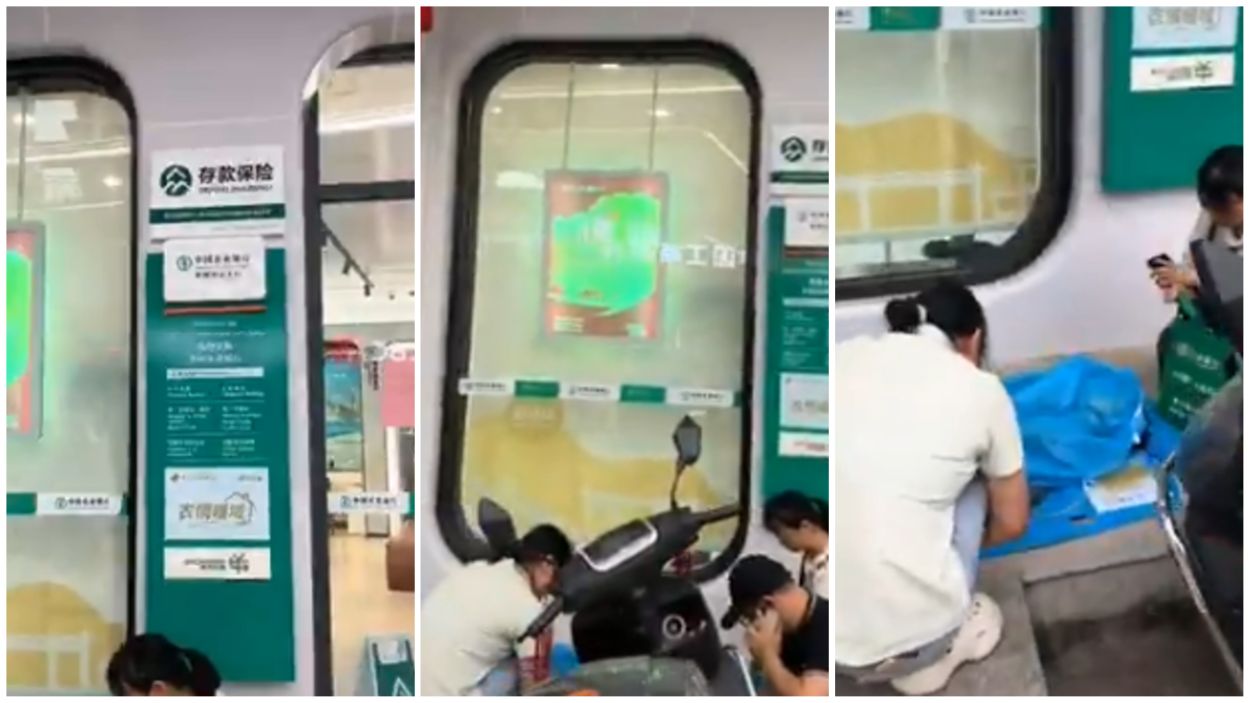A 62-year-old woman named Peng died outside the Agricultural Bank of China’s Tianxin branch in Zhuzhou, Hunan, after she was required to withdraw funds in person despite her poor health.
The incident, captured in a viral video by her nephew on Weibo, has sparked public outrage and raised concerns about China’s inflexible banking regulations.
Peng, who has diabetes and is recovering from a leg fracture, needed 50,000 yuan (USD 7,000) for medical expenses. Her daughter attempted the transaction but faced repeated password errors. Despite warnings about Peng’s condition, bank staff insisted she appear in person for identity verification, including facial recognition, per the South China Morning Post.
Public outrage as China woman told to make in-person withdrawal dies outside bank https://t.co/ay1G7iNepr
— South China Morning Post (@SCMPNews) May 27, 2025Peng collapsed after an hour-long ordeal outside the bank and died. Local police attributed his death to a sudden outbreak of illness.
The incident triggered a firestorm on Weibo, with users condemning the bank’s inflexibility. “Why prioritise rules over human lives?” one post asked (@SCMPNews).
5月14日,湖南株洲。一名男子表示,他的姑妈因摔伤在医院接受治疗。当天,姑妈委托家属携带其身份证前往农业银行提取账户内的存款用于治疗。但银行要求账户本人亲自到场办理。家属无奈用担架将姑妈抬到银行。
可即便本人到了银行,一个小时后钱还是没有取出来,最终姑妈死在了银行门口。 pic.twitter.com/7pATuHaOEJ
— 李老师不是你老师 (@whyyoutouzhele) May 14, 2025According to Radio Free Asia, the bank offered 100,000 yuan for compensation and funeral expenses. However, its refusal to release the surveillance footage has raised suspicions. The Zhuzhou police and a bank task force are currently investigating.
The tragedy highlights China’s strict banking policies, often requiring in-person verification to combat fraud, which can burden vulnerable clients. Dr. Wei Lin, a policy analyst at Peking University, states, “This case exposes the need for compassionate exceptions in banking protocols.”
The incident has spurred demands for flexible banking policies, especially for disabled or ill customers. The Agricultural Bank of China has pledged cooperation with authorities, but public trust remains shaken.






